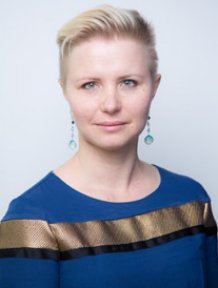
Joasia Luzak contributes to an international project on collective redress mechanisms in environmental and consumer mass harm situations.
Joasia Luzak contributes to an international project on collective redress mechanisms in environmental and consumer mass harm situations
The Council of Ambassadors of the Visegrad Foundation approved funding for the research project "Progress in collective redress mechanisms in environmental and consumer mass harm situations". Professor Joasia Luzak has been named as the European law expert in this project that will take place between March 2018 and June 2019.
Ecological incidents and unfair commercial practices may affect a large number of individuals and cause them material damages. Each of the affected individuals may suffer only small harm, which makes the participation of environmental and consumer protection organisations (NGOs) in lawsuits relating to mass harm situations a key element in affordable enforcement. Still, due to high litigation risks and costs, and missing procedural provisions, the participation of NGOs is limited in the four Visegrad Group (V4) countries (Poland, Czech Republic, Slovakia and Hungary). As a result, the right of access to justice is barely enforced in such situations, despite having been promoted by the European legislator.
This research project's over-sectoral cooperation aspires to move forward the collective redresses in both areas, consumer and environmental law. The main objective of the project is to fill the legislative gap and enhance the civil procedure in the V4 countries (Poland, Czech Republic, Slovakia and Hungary) for solving ecological and consumer mass harm situations, in order to improve access to justice. As a key element in the efficient enforcement of protected rights, the participation of environmental and consumer protection organizations should be intensified, which this project aims to facilitate. Professor Luzak will contribute to the research project by identifying and discussing best practices from other European countries, such as the United Kingdom and the Netherlands, in facilitating collective redress.
Date: 21 December 2017
